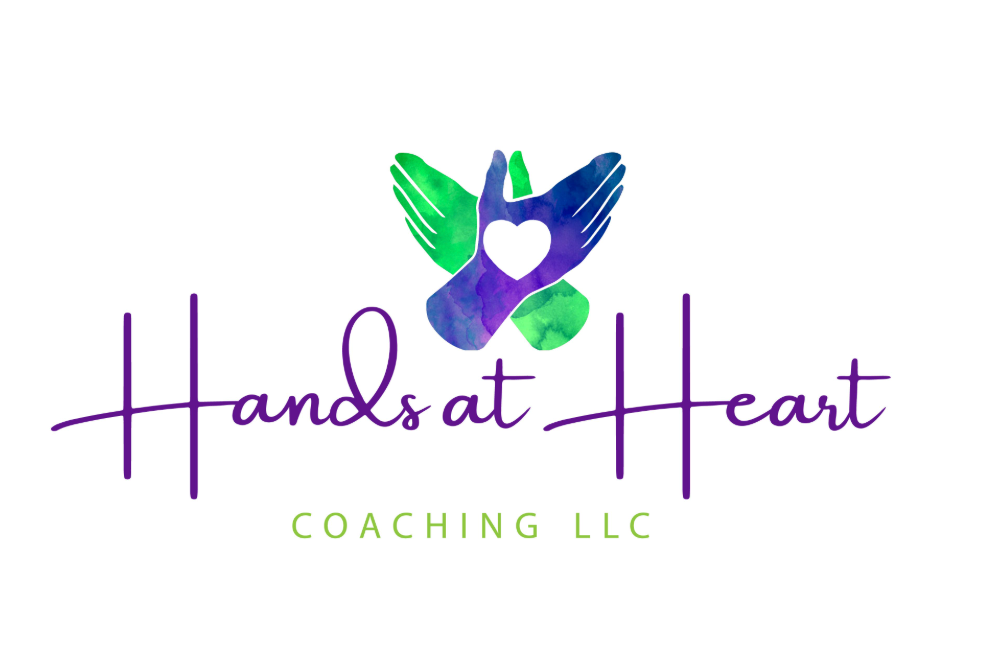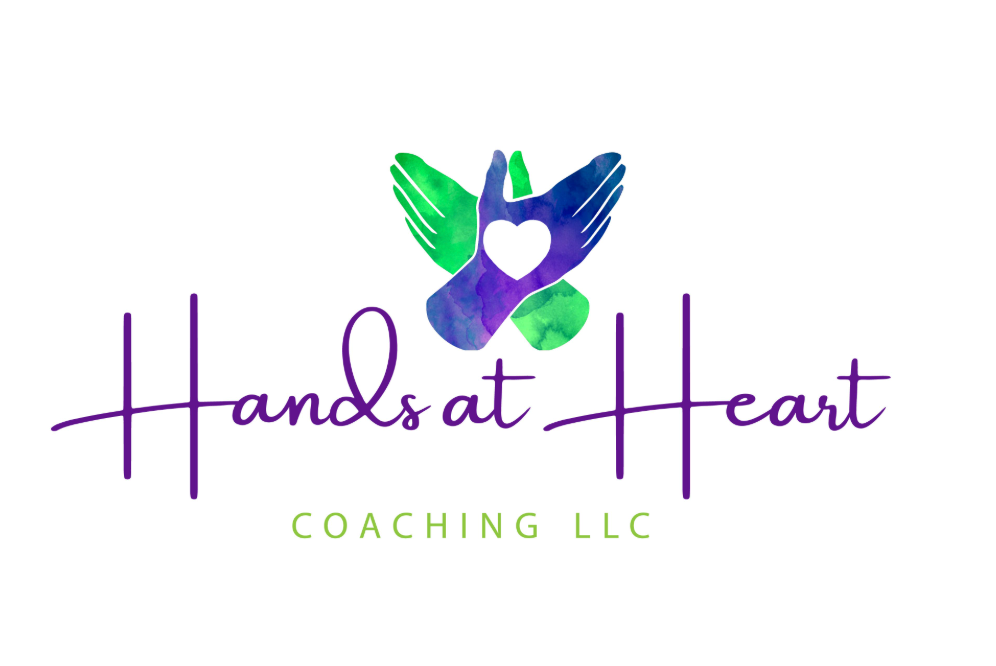How Close Are You to Burnout?
Take 5 minutes to check in with yourself. This isn’t a test — it’s a gentle pause. Answer 10 short questions and notice where your energy is today.
Start the Quiz
A Gentle Check-In
This assessment-style check-in is designed to help you notice, not to judge the areas of your life that indicate you may be managing risk for burnout. Each question invites you to reflect on how you’ve been feeling recently. Keep track of your answers as you go. At the end, you’ll add up your score and see which “zone” you’re in.
For each question, choose the option that best matches your experience in the past month:
🌱 Never = 0 points 🍃 Rarely = 1 point 🌼 Sometimes = 2 points 🍂 Often = 3 points 🔥 Almost Always = 4 points

I feel physically or emotionally drained, even after resting.
Burnout often begins with tiredness that rest alone can’t fix. Feeling drained can signal your body’s reserves are running low. Rest isn’t just sleep — it’s also emotional and creative renewal. If you’re still tired after resting, your energy may need deeper tending.

I find it hard to focus or concentrate on tasks.
Burnout often shows up as mental fog. Difficulty focusing can mean your mind is overextended and needs space to breathe.

My work (or caregiving) feels overwhelming or never-ending.
When demands outweigh your reserves, stress builds. your text here. A sense of “no finish line” can erode motivation and is a hallmark of burnout risk.

It takes me longer to recover after difficult interactions.
Compassion fatigue slows our ability to bounce back. Needing more recovery time isn’t weakness; it’s information. Your system is signaling it needs more space to restore.

I carry shame or regret about choices I felt forced to make.
Moral injury often lingers as a heavy burden. When choices feel like they cost a part of yourself, it may leave a residue of shame or grief that needs gentle tending.

I put others’ needs ahead of my own, even when I’m depleted.
Consistently ignoring your own needs in service to others erodes resilience and accelerates burnout. Boundaries protect your energy. Difficulty saying no often leads to overextension — one of burnout’s root causes. It is also a cycle. The more our boundaries remain porous, the more difficult it becomes to create boundaries that serve us when we are exhausted. Finding the small steps to reclaim your time and energy will allow for space to reassess your current needs and values.

I feel disconnected from purpose or meaning.
Burnout can dim the inner light that guides you. Losing touch with meaning may be a sign your energy is stretched thin, calling you back to what matters most. Rediscovering or naming your purpose in your work or life can help reclaim the passion that used to drive you.

I notice more physical tension (headaches, tight shoulders, stomach issues).
The body speaks what the mind may ignore. Headaches, tight shoulders, or stomach issues can be early signals of stress tipping into burnout. Tending our bodies can have the effect of calming our minds. Somatic reset is the process of "reverse engineering" our fight or flight response.

I feel anger or betrayal when systems ignore what’s right.
Institutions and workplaces can add to moral strain. Feeling betrayed by leaders, systems, or institutions often deepens moral injury, especially when you care deeply about justice. When avenues for agency seem limited, it is easy to become disconnected and hopeless. Finding tools for creating change and feeling powerful within systems can support renewal.

I feel emotionally numb or detached when supporting those I should care about.
Sometimes caring deeply leads to shutting down feelings. Emotional numbing or anger at those we are called to serve can be a sign your empathy reserves are overdrawn. It’s your system’s way of protecting you from overwhelm.

I replay situations, questioning if I did the right thing.
Second-guessing decisions is a common feature of moral injury. Lingering guilt or doubt after hard choices may signal an internal conflict between duty and values.
How to Total Your Score
Add up the points from all 12 questions.The highest possible score is 48.
Your Score Means
-
🌱 0–12: Green Zone
Your energy and empathy feel balanced. Keep nurturing what sustains you. -
🌼 13–24: Yellow Zone
Early signs of stress or compassion fatigue may be showing. This is the time to lean into self-care and small restorative practices. -
🍂 25–36: Orange Zone
Your reserves are running low. Burnout or compassion fatigue may be approaching. Stronger boundaries and deeper restoration are needed. -
🔥 37–48: Red Zone
You may already be in burnout or compassion fatigue. Compassion, rest, and supportive care are essential — you don’t have to carry this alone.
Let’s Talk About What Support Looks Like
Burnout, compassion fatigue, and moral strain don’t have to be carried alone.
A free Discovery Call is a chance to pause, breathe, and explore what support could look like for you.
It’s not about fixing everything in one session — it’s about creating space for you to feel seen, heard, and resourced.
Your well-being matters. Let’s begin with a conversation.
Schedule a Free Discovery Call

